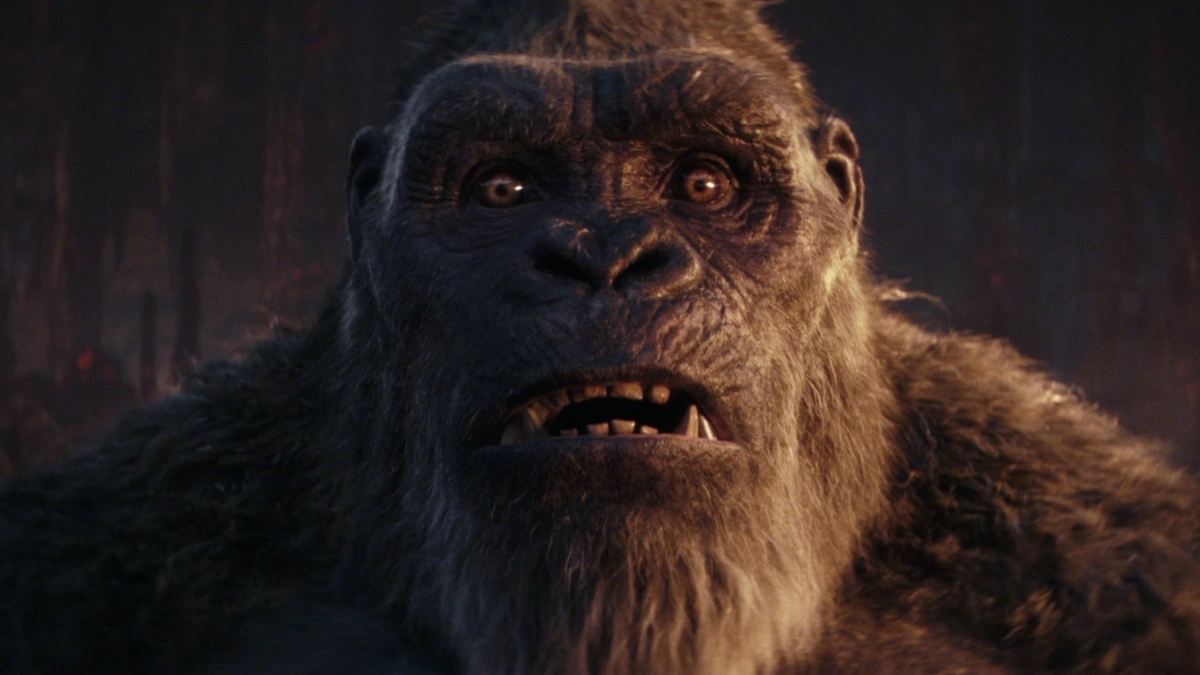In 2023, humanity conducts its first test of planetary defense. The DART probe sent from Earth collided with the surface of the asteroid Demorphos. The purpose of this collision was to test the possibility of changing the asteroid's flight path if we discovered an object heading directly toward Earth. The test was completely successful. It turns out that in the case of small asteroids like Dimorphos, which consist of a loose clump of space debris and dust, we are able to effectively influence their flight path.
However, testing a DART probe may lead to some disturbing thoughts. If we can change the direction of the flight of an asteroid by colliding with its surface with a space probe, couldn't the collision of at least two asteroids change the flight path of an asteroid about to fly by the Earth to collide? a path?
Read also: An asteroid the size of the Eiffel Tower will come closer to Earth in 2029 than ever before
This question is very important in the case of the asteroid Apophis. From what we currently know, on April 13, 2029, Apophis will approach our planet at a distance of only 37 thousand kilometers. We can say that it will therefore be at the same distance as all geostationary satellites. At the cosmic level, this is a very small distance, and we must remember that we are not talking about an asteroid similar to the one that fell over Chelyabinsk in 2013. The diameter of this object was only 19 meters. The diameter of Apophis, according to best estimates, is 335 metres.
Since the asteroid is supposed to fly very close to Earth anyway, the slightest change in its flight path due to a collision with another asteroid could theoretically bring it down on our heads.
For this reason too Scientists from the University of Western Ontario She decided to check whether it was possible for the asteroid to collide with any other asteroid known to man in the coming years, by 2036. This was not the easiest task at all. The researchers had to carefully calculate the flight paths of all 1.3 million known asteroids in the solar system, and then check whether they would collide with Apophis in the coming years. Two years of calculations allowed us to determine that interplanetary space is really large, and although we have “a lot of asteroids”, none of the known asteroids will come close to Apophis in the coming years, so there is a risk of unexpectedly changing their flight path and pushing them into a My collision with the Earth is zero.
Read also: The asteroid nicknamed the “God of Chaos” accelerated. There is a risk that it will hit the ground
Of course, if someone was stubborn, he could say that we have not yet discovered all the asteroids in the solar system, so Apophis might collide with one of those asteroids that we have not yet identified. However, scientists believe that the chances of such a large coincidence occurring are so small that there is no need to worry about it. No matter how you look at it, if a person is worried about such things, he may also be afraid that such an “unknown asteroid” will not collide with Apophis, but simply with the surface of the Earth.
So we can relax and wait for this extremely rare pass of a large asteroid near Earth. It may be useful to go to a part of the world where this journey will be visible to the naked eye from the Earth's surface. There may never be another opportunity like this in our lifetime.

Echo Richards embodies a personality that is a delightful contradiction: a humble musicaholic who never brags about her expansive knowledge of both classic and contemporary tunes. Infuriatingly modest, one would never know from a mere conversation how deeply entrenched she is in the world of music. This passion seamlessly translates into her problem-solving skills, with Echo often drawing inspiration from melodies and rhythms. A voracious reader, she dives deep into literature, using stories to influence her own hardcore writing. Her spirited advocacy for alcohol isn’t about mere indulgence, but about celebrating life’s poignant moments.










